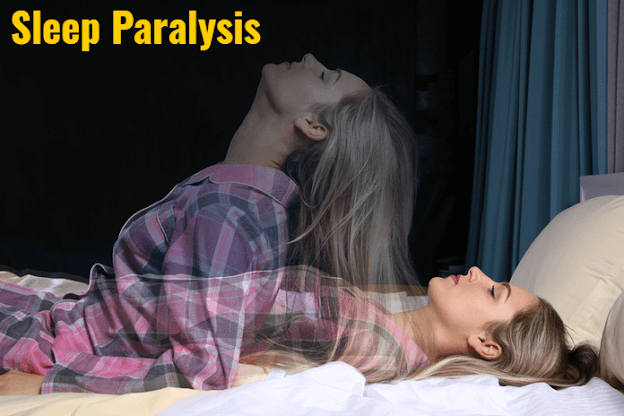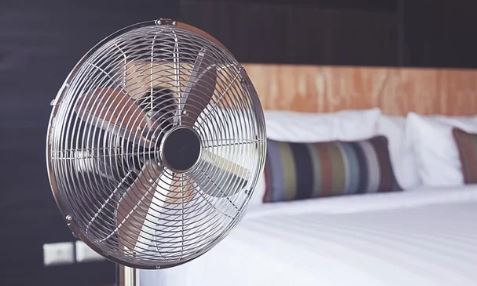Ever woke up in the middle of the night with a feeling of dread slowly encapsulating you, but you’re totally terrified, unable to move and not able to speak/shout. Welcome to the land of sleep paralysis! If you’ve never experienced this phenomenon-consider yourself lucky, but beware as it can happen to anyone.
Sleep paralysis is a medical condition where a person, on waking up from sleep, experiences temporary inability to move or speak.
What is Sleep paralysis?
Sleep paralysis is categorized as a type of parasomnia. Parasomnias are abnormal behaviors during sleep. Because it is connected to the rapid eye movement (REM) stage of the sleep cycle, sleep paralysis is considered to be a REM parasomnia.
Standard REM sleep involves vivid dreaming as well as atonia, which helps prevent acting out dreams. However, under normal circumstances, atonia ends upon waking up, so a person never becomes conscious of this inability to move.
As a result, researchers believe that sleep paralysis involves a mixed state of consciousness that blends both wakefulness and REM sleep. In effect, the atonia and mental imagery of REM sleep seems to persist even into a state of being aware and awake.
Causes Sleep Paralysis:
The exact cause of sleep paralysis is unknown. Studies have examined data to see what is associated with a higher risk of sleep paralysis and have found mixed results. Based on that research, researchers believe that multiple factors are involved in provoking sleep paralysis.
Sleep disorders and other sleeping problems have shown some of the strongest correlations with isolated sleep paralysis.
Is Sleep Paralysis a Serious Problem?
For most people, sleep paralysis is not a serious problem. It is classified as a benign condition and usually does not happen frequently enough to cause significant health problems.
However, an estimated 10% of people have more recurrent or bothersome episodes that make sleep paralysis especially distressing. As a result, they may develop negative thoughts about going to bed, reducing time allotted for sleep or provoking anxiety around bedtime that makes it harder to fall asleep. Sleep deprivation can lead to excessive sleepiness and numerous other consequences for a person’s overall health.
Solution to Sleep Paralysis:
– Following the same schedule for going to bed and waking up every day, including on weekends.
– Keeping a set pre-bed routine that helps you get comfortable and relaxed.
– Outfitting your bed with a comfortable mattress and pillow.
– Setting up your bedroom to have limited intrusion from light or noise.
– Reducing consumption of alcohol and caffeine, especially in the evening.
– Putting away electronic devices, including cell phones, for at least a half-hour before bed.


